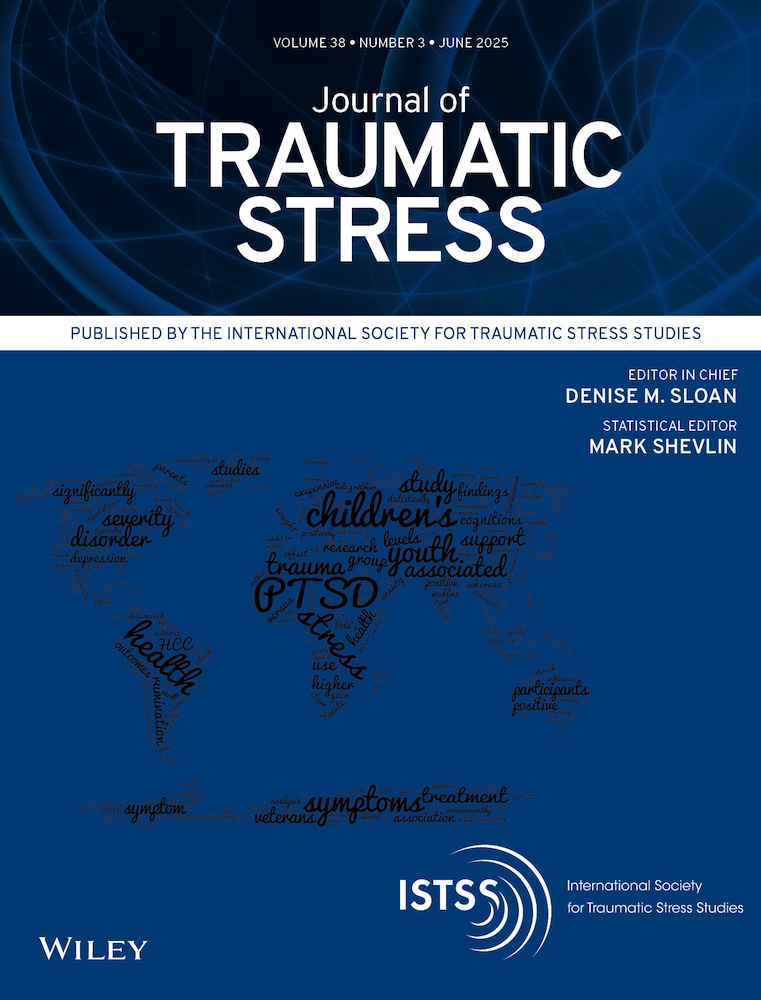Self-selection bias in sleep and psychophysiological studies of posttraumatic stress disorder
Abstract
Psychobiological studies of posttraumatic stress disorder (PTSD) often challenge participants to assess the dynamics of systems evolved to organize responses to extreme events. Informed consent insures that volunteers have every opportunity to preevaluate the conditions of the research experience and decline if made uncomfortable by them. Notwithstanding their necessity, these protections set the stage for self-selection phenomena that may bias study outcomes. This study compared prospectively obtained psychometric data from 196 participants and 1229 nonparticipants in sleep and psychophysiological studies of PTSD. Lower subjective nightmare severity was endorsed by persons who later agreed to participate in a study of baseline sleep, an observation consistent with the low nightmare frequencies observed in most laboratories studies of sleep in PTSD.




